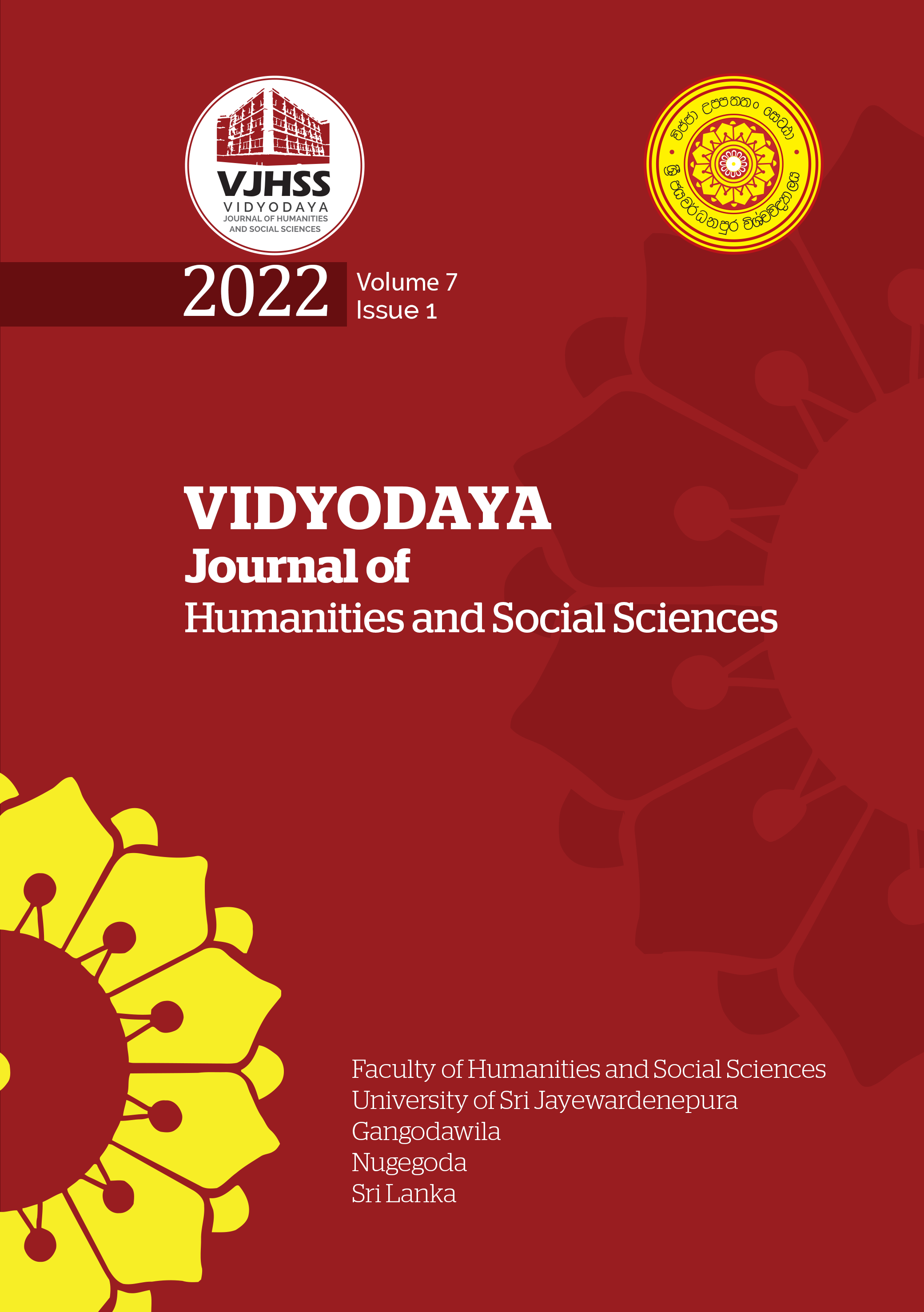Practices Followed to Manage Plastic Waste including Shopping Bags and Lunch Sheets in Sri Lanka: A Preliminary Study in Western Province
Abstract
Although plastics have made the workings of our lives easier, it has created many different environmental and social problems due to poor management practices. The problem of plastic waste has been exacerbated due to various regulations that have been introduced from time to time for the sustainable management of plastic waste. However, those are not properly implemented. The main objective of this study is to examine the best practices in Sri Lanka for the management of plastic waste, including shopping bags and lunch sheets (PBLS). Further, the study illustrated the prevailing and possible alternatives for polythene products in Sri Lanka and weaknesses in the identification of alternatives. The study was conducted in the Western Province covering three districts: Colombo, Gampaha and Kalutara. Data collection was conducted through different structured questionnaire surveys, key informant interviews and a major workshop from a sample of 1314 respondents. Results revealed that 59% of households in the survey confirm that they were discouraged from switching to alternatives as a result of freely available low-density polyethylene (LDPE) bags in the market. Also, 67% of the households and 74% of the supermarkets pointed out that, the current polythene bag usage was higher prior to the ban, due to the poor strength and quality of the bag. Further, the study reveals that ‘Extended Producer Responsibility (EPR)’ has the potential to influence material management systems and prevent pollution and has been successfully tested in many countries around the world.



